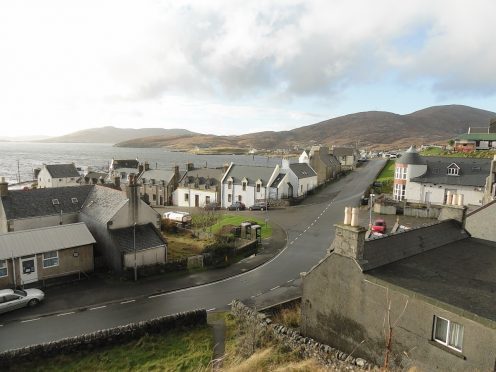Residents in remote communities in Scotland have been told they should work longer into their old age rather than relying on immigration to boost fragile populations.
The shock recommendation was made by the UK Government’s Migration Advisory Committee (MAC) as it rejected calls for Scotland to control its own immigration levels.
The Scottish Government has lobbied for the powers amid fears that a drop in the number of immigrants could trigger a population crisis in the north.
Official forecasts show that the number of people living in the Western Isles could plummet by 14% over the next 20 years, while Argyll and Bute could lose 8% of its population.
Highland, Moray and Orkney are among seven other areas where the population will rise, but the growth is expected to be made up entirely of older people, putting strain on social care services.
But the MAC has dismissed the problem – on the grounds that parts of England are also facing population pressures – and controversially suggested asking people to work longer to ease the impact on the public sector.
It said: “Although lower migration might lead to population decline, this problem is not something that starts at the Scottish border, some northern English regions have similar prospects.
“Migration is much less effective at dealing with a rising old age dependency ratio than increases in the pension age and immigration may not be an effective strategy for sustaining remote communities unless the reasons for locals leaving are addressed.”
SNP Migration Minister Ben Macpherson dismissed the conclusion, saying: “With all of our population increase to come from migration over the next 25 years, migration is absolutely critical to Scotland’s future prosperity.
“However, the Migration Advisory Committee’s report does little to consider Scotland’s needs and instead suggests that increasing the pension age would be a preferential approach to managing demographic change – a completely unsustainable position and one which we and many across Scotland would reject.”
However, Conservative Moray MP Douglas Ross said there were “positive elements” in the report which could address geographical shortages such as those in the fishing industry.
He added: “The SNP’s calls for a separate system are purely political, and nothing more than another part of their separatist agenda.”
The report also recommended that EU nationals should be subject to the same rules as migrants from the rest of the world after Brexit.
The long-awaited study additionally concluded that the immigration system should make it easier for higher-skilled workers to come to the country, while continuing to limit access for those in lower-skilled roles.
